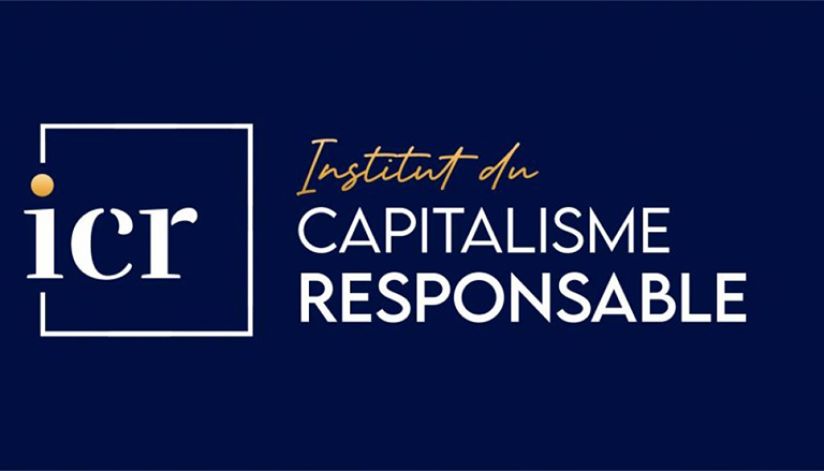Business consistency, a key foundation for trust and acceptability
Caroline de la Marnierre, Chair and Founder of The Institut Du Capitalisme Responsable (Responsible Capitalism Institute)
Article featured in the Integrated Report 2022-2023
In a disorientated world, rocked by the war in Ukraine, inflation, declining purchasing power, pension reform and the resulting strikes, private companies remain one of the last structural bulwarks of our societies.
As proof, in 2021, a study conducted by MEDEF, France’s leading network of entrepreneurs, and Ifop, one of France’s leading opinion and market research groups, revealed that 83% of French people have a good image of the private company. It is even considered the most legitimate institution to change the country, ahead of the state. Who would have imagined this when opinion surveys have never been harsher and more critical of capitalism?

Consistency is also a combination of meaning, educating, dialogue, clarity and, somewhere in the mix, humility, which - alone - can generate trust and then generate support and then cohesion. A cohesion that unites individuals around a common project promoting commitment, ambition, initiative and loyalty. This is the equation, the watchwords: coherence and cohesion. Without them, no value creation or sustainability is possible in the corporate world.
In the face of the climate, ethical and financial challenges that our century presents, the coherence of a private company must be built on a sincere corporate purpose, positioned “in the right place”, in line with its DNA. A real compass for the company, it is part of a long-term strategy, anticipates changes, and is embedded in a medium-term strategic plan led by vigilant and informed governance in close interaction with its stakeholders.
At 360 degrees, and regardless of the economic climate, the corporate purpose must be motivating, clear and accessible to all stakeholders seeking, now more than ever, greater meaning and values. Thanks to this real-world stance, it becomes an expression of the social utility of the company and, when the time comes, it will be able to deal with inevitable controversies, such as the sharing of value.
The sharing of value is reflected in particular in a careful balance between investment, remuneration, dividend distribution and tax contribution policies. This is an issue at the heart of the current debate between companies and their stakeholders.
By making a clear and consistent choice about the sharing of value and why it exists, private companies help build bridges where some would like to build walls. It strikes a balance so that “making a fair society” becomes a tangible reality by contributing to better harmony in the service of real and sustainable growth.

The Institut du Capitalisme Responsable (ICR) is an applied centre of research that looks at emerging practices of capitalism. It is in discussion with the business sector, investors, asset managers, public authorities, all stakeholders and citizens who want to see the development of an integrated and responsible way of thinking about running economic matters. www.capitalisme-responsable.com
